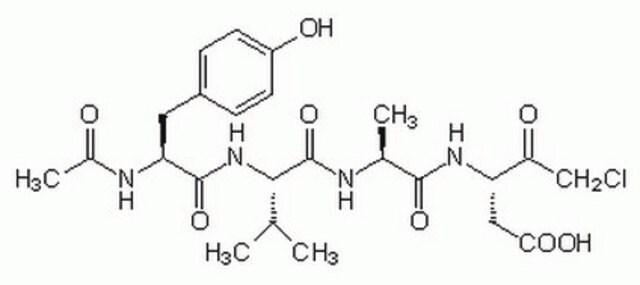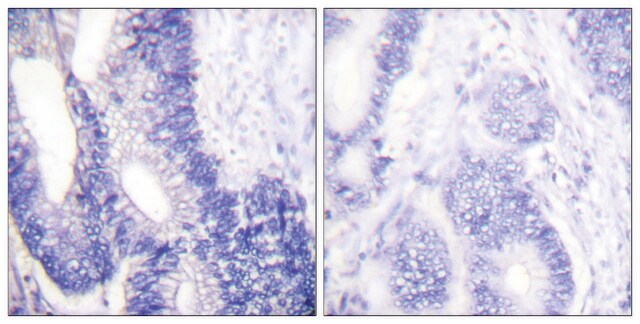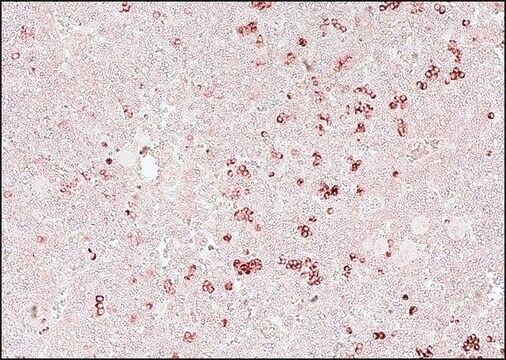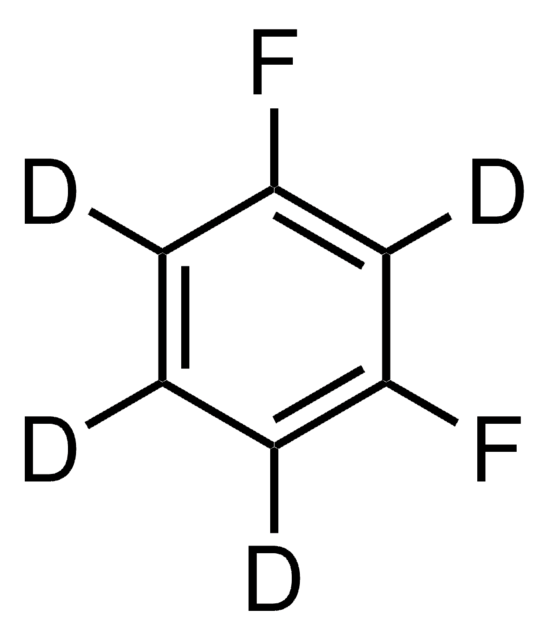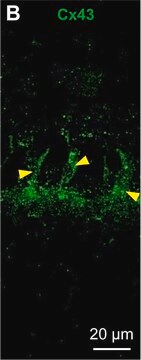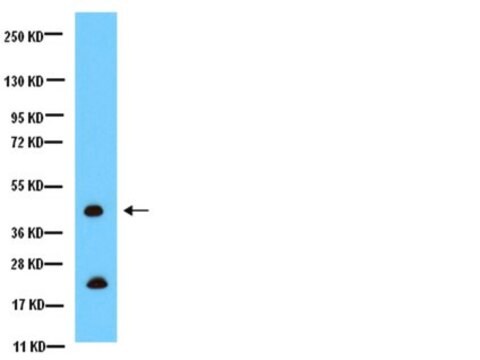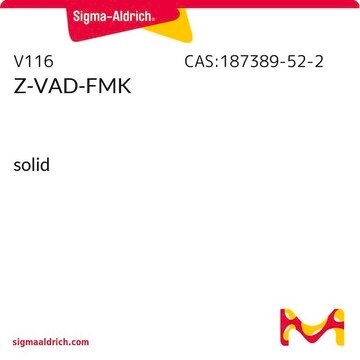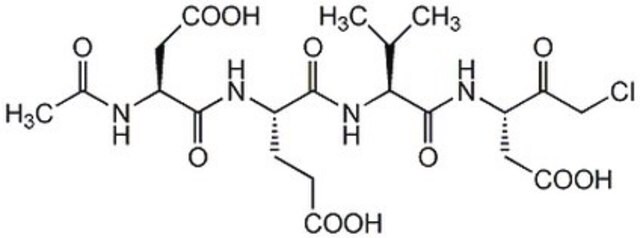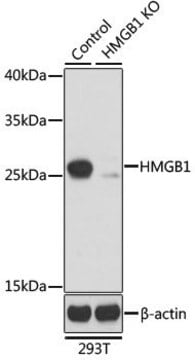C3470
Anti-Connexin-32 (265-279) antibody produced in rabbit
affinity isolated antibody, buffered aqueous solution
동의어(들):
Anti-CMTX, Anti-CMTX1, Anti-CX32
About This Item
IHC (f)
WB
microarray: suitable
western blot: 1:600 using a rat liver membrane preparation
추천 제품
생물학적 소스
rabbit
Quality Level
결합
unconjugated
항체 형태
affinity isolated antibody
항체 생산 유형
primary antibodies
클론
polyclonal
양식
buffered aqueous solution
분자량
antigen 27 kDa
종 반응성
mouse, human, rat
기술
immunohistochemistry (frozen sections): 1:600 using rat liver tissue
microarray: suitable
western blot: 1:600 using a rat liver membrane preparation
UniProt 수납 번호
배송 상태
dry ice
저장 온도
−20°C
타겟 번역 후 변형
unmodified
유전자 정보
human ... GJB1(2705)
mouse ... Gjb1(14618)
rat ... Gjb1(29584)
일반 설명
면역원
애플리케이션
생화학적/생리학적 작용
물리적 형태
면책조항
적합한 제품을 찾을 수 없으신가요?
당사의 제품 선택기 도구.을(를) 시도해 보세요.
Storage Class Code
10 - Combustible liquids
WGK
nwg
Flash Point (°F)
Not applicable
Flash Point (°C)
Not applicable
문서
Cancer research has revealed that the classical model of carcinogenesis, a three step process consisting of initiation, promotion, and progression, is not complete.
자사의 과학자팀은 생명 과학, 재료 과학, 화학 합성, 크로마토그래피, 분석 및 기타 많은 영역을 포함한 모든 과학 분야에 경험이 있습니다..
고객지원팀으로 연락바랍니다.